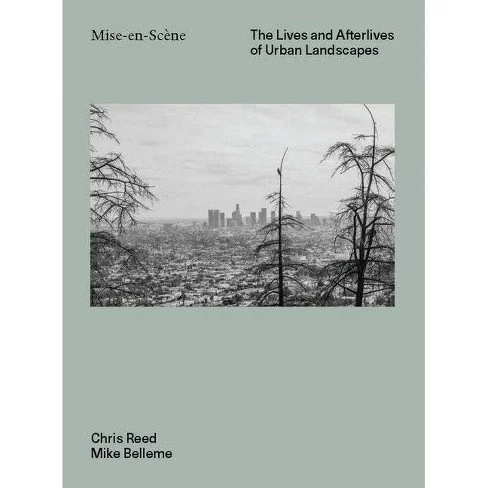During the 2021 convening of the American Society of Landscape Architects, De Nichols will join landscape architect, Chris Reed, and photographer, Mike Belleme, as they discuss Reed’s latest book, Mise En Scéne: The Lives and Afterlives of Urban Landscapes.
Session Marketing Statement
As we confront issues of racism, climate, and public health in our work, we must radically expand the voices that inform it. This conversation between a photojournalist, an activist / artist, and a designer will offer divergent but fertile starting points for considering the pre- and post-lives of projects.
Panel Diversity, Equity, and Inclusion
The panelists bring a diversity of life stories, origins, geographies, and disciplines, as well as race and gender.
Mike is a White male documentary photographer from the rural south. His work has broadened his perspectives about his home region of Appalachia, as well as abroad, through learning from, hearing and amplifying the stories of others. Having lived rurally his entire life, his voice and perspective around urban settings is very much that of an inquisitive outsider.
De Nichols is a Black social impact designer, entrepreneur, and activist, originally from rural Mississippi, more recently from St. Louis. She mobilizes changemakers in her city and nationwide to develop creative approaches to the social, civic, and racial justice issues that matter most within communities.
Chris grew up in a White working class family in the port city of New Bedford, Massachusetts; he is a first-generation college- and post-graduate, a landscape architect and a university professor. Chris works from Boston and Los Angeles on revitalizing urban landscapes in response to climate challenges and to social, racial, and environmental injustices.
Content Diversity, Equity, and Inclusion
The collective work of the panelists takes on the multiple challenges of the impacts of climate change on urban populations, and racist planning and design practices that have resulted in inequitable investments across urban neighborhoods. The presentation will highlight how these issues play out in small and large cities across the US, including: skateboarder and LatinX communities in arid Los Angeles; the gaps between poor Black and wealthy White communities on a vulnerable barrier island in Galveston; dividing lines, real and perceived, between White and disinvested Black neighborhoods and people in St. Louis; working folks in Upper MidWest, small cities like Milwaukee, Green Bay, and Ann Arbor; Black and White residents reinventing urban life in Detroit; and the tensions between old and new residents, and between traditionally White and increasingly diverse BIPOC populations, in Boston, where a booming economy and increasing climate threats demand broader understandings of what is at stake, and who should be at the table debating the future of cities.

